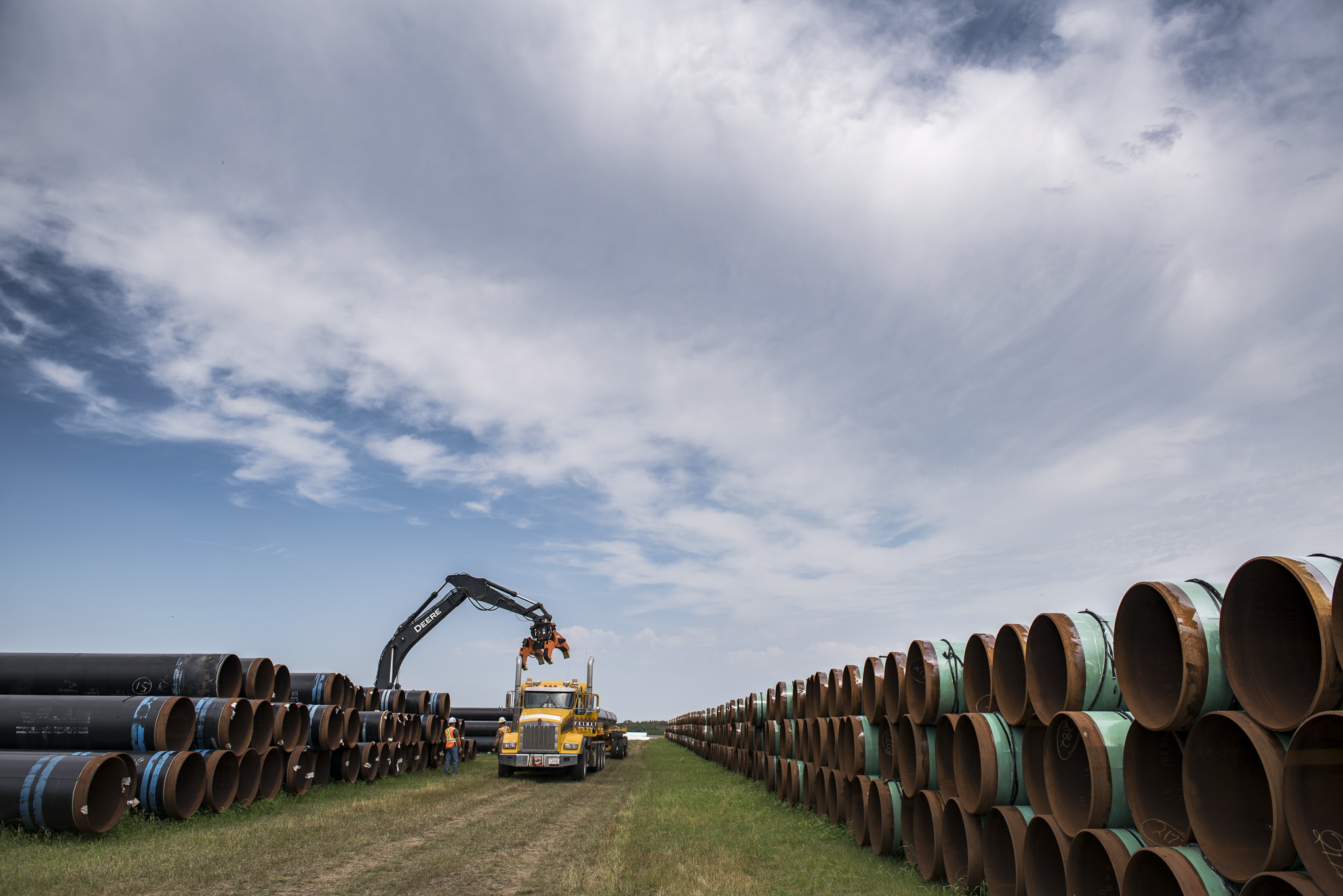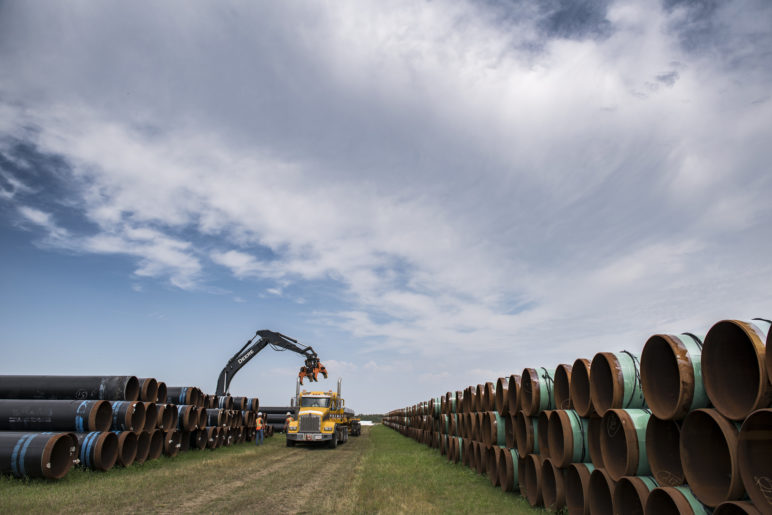Alberta’s controversial and environmentally destructive tar sands industry suffered a major setback a few weeks ago when a Canadian court overturned permits for a proposed expansion of the Trans Mountain pipeline. That project, designed to triple oil shipments from Edmonton, Alberta, to the Pacific coast, now faces new costs and delays, dashing the dreams of tar sands producers who are already struggling with transportation bottlenecks that have eaten away the industry’s profits.
Trans Mountain isn’t the only pipeline project that tar sands companies are pining for. Canadian pipeline giant Enbridge, Inc. is also planning to double the capacity of its “Line 3” pipeline, which connects northern Alberta to oil markets in the US Midwest and eastern Canada.
But while Alberta’s oil industry is certainly hoping that Enbridge expands Line 3, it isn’t their money that’s on the line. Instead, Sightline’s new analysis of Enbridge’s financial data shows the company will lean heavily on lending and financial services provided by global investment banks to fund the Line 3 expansion. Investment banks have extended billions of dollars in credit that Enbridge uses both for short-term spending and to meet Canada’s financial standards for oil spill liability. At the same time, the company relies on investment banks to facilitate asset sales, stock sales, and new debt that will fuel its ongoing $22 billion capital spending program.
For all the gory details of how big banks fuel Enbridge’s tar sands pipeline, download Sightline’s latest energy market update.










harry oliver
perhaps it might just be productive to look to the light and…for some fresh air here, rather than operating on the definition of insanity to meet needs not met with apparently unproductive dinosaur activities ~ going down deeper with the same old same old definition of insanity ~ in to some dark and dirty tunnel to no where safe and…
Judith
In normal markets, banks and bankers would require collateral to agree to such enormous lines of credit. On a smaller scale, home loan default means the bank can seize the collateral–the home itself. What, exactly, are the assets that the banks could seize in the event of a failure of the pipeline company to make its regular payments on the line of credit? The Alberta tar sands and all the hardware related to its extraction? Since we all know it will be “game over for the planet” if these assets are exploited, how can bank board members justify approving such risky loans? And why are their shareholders not screaming to replace everyone on the boards? Where are the real risk analysts?